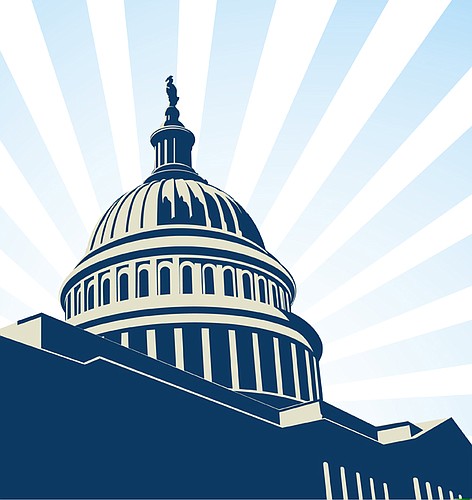- November 21, 2024
-
-
Loading

Loading

Florida tourism an economic driver
Latin America is one of the few areas of the globe that still has relatively strong economies. That has meant a boost for tourism in Florida, for the state is a popular destination for people in those countries. But it could also mean the potential for stronger trade.
Foreign visitors to the state's beaches and theme parks rose 10% compared with the same three months last year, with much of that increase coming from Latin America. Meanwhile, Americans continued to visit the state, and the combination is making 2012 look like one of the strongest years ever for tourism.
About 2.4 million overseas travelers came to Florida during the three months that ended June 30, while 18.8 million domestic travelers came to the state, a 0.3% increase.
Visit Florida officials estimate the state could have its best year for tourism — despite a decline in European travelers because of the Eurozone economic and financial problems.
Tourists mean jobs. The state's travel sector recorded a 1.1% increase in jobs for the three-month period. That's 11,300 jobs from increased tourism. Visit Florida says this is 27 straight months of job growth in Florida's tourism sector.
FPL in rate battle with businesses
For the first time in many years, there is a pitched battle being fought over a rate hike request by Florida Power & Light.
The power company wants to raise base rates for customers by $690 million next year. Company representatives say the increase is needed to attract private financing for improvements to the company's system. Plus, they say even with the rate hikes, FPL will still have the lowest residential electricity bills in the state.
But the Florida Office of Public Counsel, which represents consumer interests in the state, and the Florida Retail Federation are not only arguing against the rate increase, but that FPL's base rates should actually be cut by $253 million.
As a regulated monopoly, FPL's rates must be justified to regulators and approved by the Public Service Commission. The commission has scheduled a two-week hearing in the rate case, which will be mired much of the time in technical issues.
FPL is asking for a return on equity of 11.5% while the public counsel is arguing for 9%.
However, although the hearing started Aug. 20, FPL complicated the case by proposing a last-minute settlement that would keep the rate increase from hitting large users, such as industry, hospitals and governments, and put the total increase at $548 million.
That settlement came in negotiations with organizations representing those sectors, but did not involve the public counsel or the retail federation, which represents 9,000 businesses in the state, many of them small businesses. Officials from those groups say FPL's actions amount to creating a whole new rate case and threatened to take the issue to court.
But the commission chose to go ahead with the rate hearing. A decision will be made later this year. But that may not end the issue.
Seminole Tribe bumps up monthly payments
The Seminole Tribe of Florida increased its monthly payments to Florida in August from $12.5 million to $19.5 million as part of its compact with the state.
The tribe will pay $234 million this year to the state, up from $150 million the last two years.
The tribe operates seven casinos in Florida in an exclusive pact with the state, where the Seminoles get exclusive rights to offer high-end and high-profit gambling tables in return for giving the state a cut of the winnings. That exclusivity will be challenged again next year by Las Vegas and international casinos who are pushing to expand gambling in Florida.
The loss of exclusive rights to the tribe could mean a loss of that revenue to the state. But the big casinos argue it would be more than made up for in economic development and other gambling revenues.
Jobs come, jobs go; chamber asks why
Jobs are everyone's top priority today, including Gov. Rick Scott, the presidential candidates, and job-seekers. But why companies move to a state or from a state is a basic question rarely asked in Florida, even though the answer could help determine which economic development efforts work.
The Florida Chamber Foundation, the research arm of the Florida Chamber of Commerce, is hoping to rectify that by conducting its first survey to find the answers. The foundation surveyed 19 firms that moved to or from Florida between January and June of 2011 to see what drove their decisions.
When asked about the main determining factors, the responses fell into three categories: access to a ready work force; a positive tax climate or business incentives; and geographic location.
The foundation's survey found:
77.3% said they are satisfied with the ability to recruit an appropriately skilled work force.
90% said they are satisfied with the quality of infrastructure in Florida.
Payroll taxes and health care costs were most frequently said to be “somewhat of a burden,” although most respondents said they were satisfied with the state's business climate.